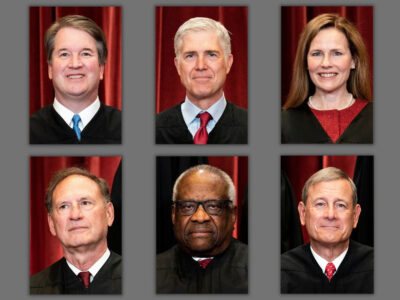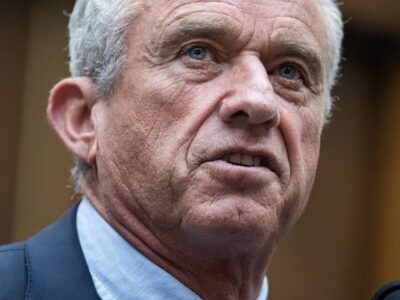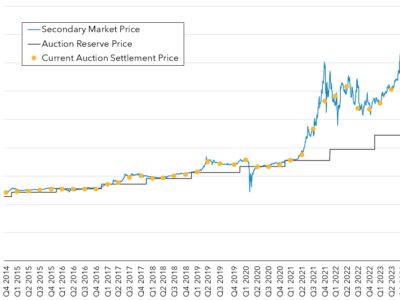Judge Sotomayor’s Environmental Record

Now that President Obama has nominated her for a seat on the U.S. Supreme Court, U.S. Court of Appeals Judge Sonia Sotomayor’s record as a federal court judge will be under the microscope. Political pundits, legal scholars and advocacy groups from across the political spectrum will all be scrutinizing Sotomayor’s extensive record as a federal district court and U.S. Court of Appeals judge, in their understandable efforts to discern what kind of Supreme Court justice she’d be.
So what do the tea leaves reveal concerning Judge Sotomayor’s environmental record and philosophy? Not much, as it turns out.This shouldn’t come as much of a surprise. The Second Circuit, on which Judge Sotomayor has sat since 1998, is not a hotbed of environmental litigation. (Compare the environmental output of the Second Circuit to that of the Ninth or D.C. Circuits, for example; the contrast is striking.) A review of Sotomayor’s decisions on the Second Circuit reveals lots of immigration, search and seizure, employment and habeas cases, but only a handful of environmental decisions.
Legal Planet blog colleagues Dan Farber and Jonathan Zasloff have already written about a couple of those cases. As Dan notes, Judge Sotomayor’s opinion in Riverkeeper v. USEPA, 475 F.3d 83, is without question her most well-known environmental decision, because the Supreme Court recently reversed her opinion in that case, in Entergy v. Riverkeeper. And Jonathan’s correct that her panel’s failure to issue a decision in an important climate change case, Connecticut v. American Electric Power–some three years after it was argued and submitted–is troublesome.
But there are a handful of others cases that provide at least some hint as to Sotomayor’s philosophy in environmental cases. The only other, major environmental decision authored by Judge Sotomayor on the Second Circuit is New York v. National Service Industries, 460 F.3d 201 (2006), a Superfund case in which New York sued a company to recover the state’s costs of cleaning up a hazardous waste site. Sotomayor and the Court of Appeals found in favor of the company, concluding that it was not liable for the acts of another, only loosely-related firm.
Two other decisions in which Judge Sotomayor didn’t write the opinion but voted in the majority are also instructive: in Environmental Defense v. USEPA, 369 F.3d 193 (2004), Sotomayor and her colleagues rejected an environmental group’s challenge to EPA’s approval of New York’s plan to attain air quality standards for ozone pollution. And in Natural Resources Defense Council v. Abraham, 355 F.3d 179 (2003), her panel sided with a coalition of states and environmental groups that had challenged the Bush Administration’s efforts to roll back national energy conservation standards for appliances. (Full disclosure notice: this author represented plaintiff State of California in the latter litigation.)
What to make of Judge Sotomayor’s admittedly slim body of environmental work? Simply this: Sotomayor is not a predictable vote for environmentalists, industry, states or the federal government in environmental cases. Instead, she seems to weigh each case on its own merits, while displaying considerable skill in grasping the often arcane science and administrative history that form the basis of much modern environmental litigation.
In short, Sotomayor appears to be a deliberate, thoughtful jurist who, in the words of Chief Justice Roberts, serves as a neutral umpire in environmental cases, calling judicial “balls and strikes” dispassionately and objectively.
Not the ideologue conservative commentators portray and for which at least some segments of the environmental community might yearn. But someone who’s likely to survive the often-brutal Senate confirmation process and serve with distinction on this nation’s highest Court.








One Reply to “Judge Sotomayor’s Environmental Record”
Comments are closed.